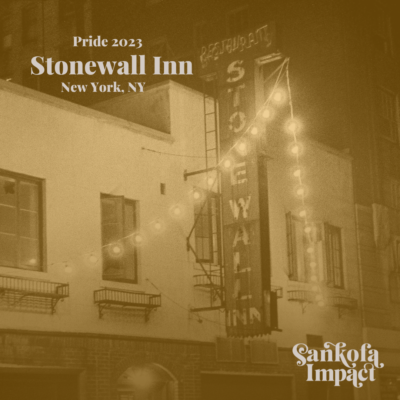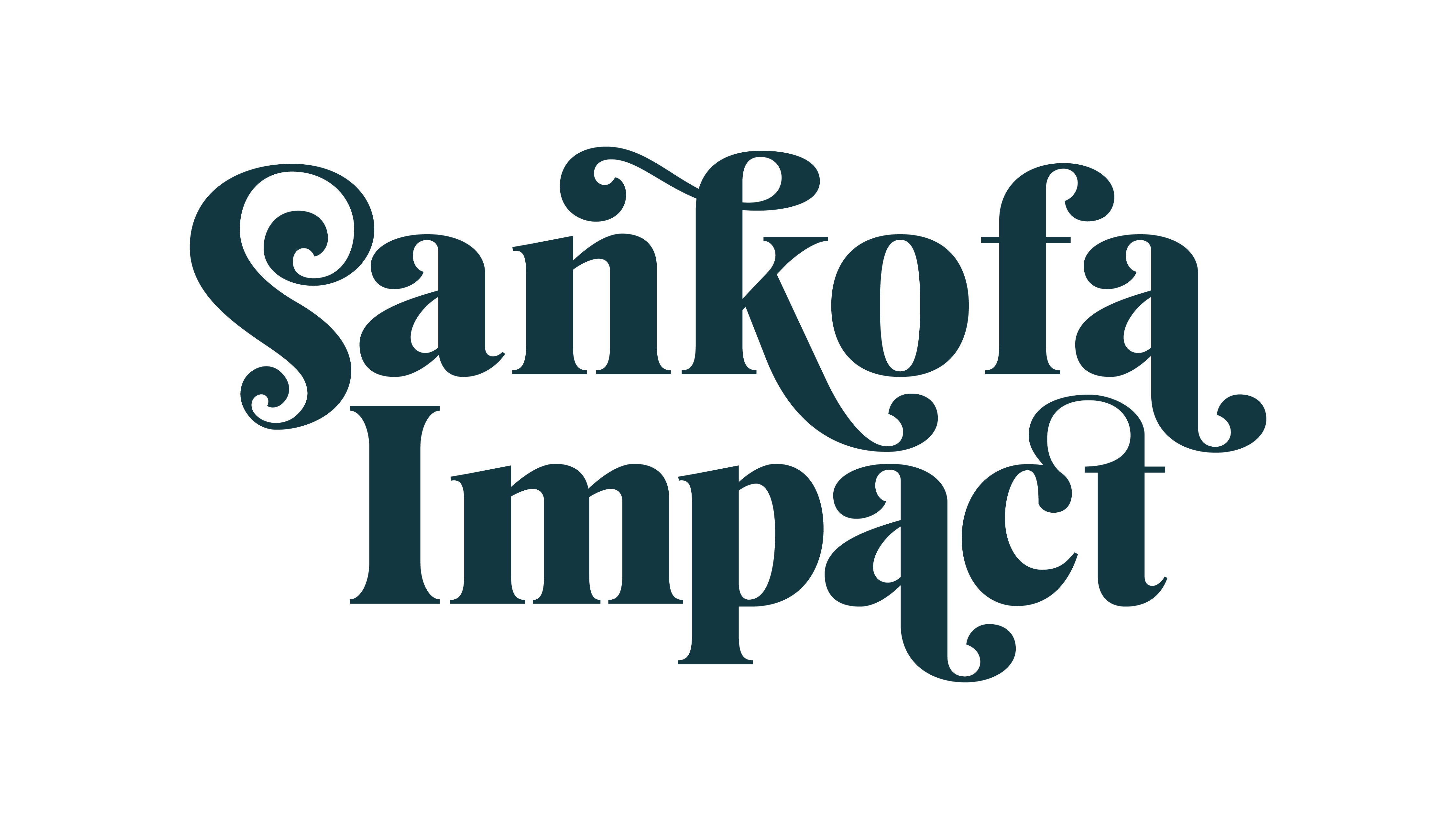“No pride for some of us without liberation for all of us.”
Marsha P. Johnson
In Greenwich Village, sandwiched between tall brick buildings, a historic bar is adorned with rainbow flags. Patrons 21 years-old and over mix with history buffs, all happy to see this National Historic Landmark in the middle of New York City. Campy music fueling drag performances fills the air and the atmosphere of ease, escape, and embrace of self can be felt everywhere. The celebratory energy is contagious and is a strange juxtaposition to the banner on the window that reads, “PRIDE IS A RIOT!”
54 years ago, the Stonewall Inn had connections to the mafia. It was run as a “bottle bar,” or a bar without a liquor license where patrons brought their own liquor. As the bar began serving gay customers, it would have appeared rundown. The mafia connections, lack of liquor license, and LGBTQIA+ patrons all ensured the Stonewall Inn was well accustomed to police raids. This never deterred the community from seeking space to be themselves at the Stonewall Inn.
Marsha P. Johnson and Sylvia Rivera, two trans women of color, were patrons who frequented Stonewall. As activists they organized around LGBTQIA+ rights, sex worker rights, and the rights of those living in poverty. While both fought for all those marginalized in their community, many gay men felt that drag queens and gender non-conforming people made the community look bad.
The exact details of what took place at the Stonewall Inn are unknown. What is clear is the harassment of the LGBTQIA+ community by the police had hit a turning point. Some claim a brick or a shot glass was thrown at police. Regardless, this moment of resistance resulted in what is known today as the Stonewall Rebellion. Police wagons were overturned, tires slashed, garbage cans were set ablaze and patrons were arrested while supporters filled the streets.
Out of the ashes of Stonewall rose the “Gay Liberation Front” and increased visibility of LGBTQIA+ issues through global pride parades held around the world every year in June. Progress since Stonewall has suffered as of late in the wake of lawmakers creating bills that harm the lives of people within the queer community. Despite the continued struggle, Pride remains a crucial space of acceptance, healing, protest, and community for LGBTQIA+ folks in Seattle and around the world.

